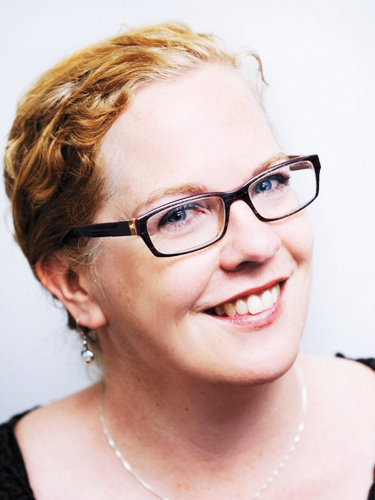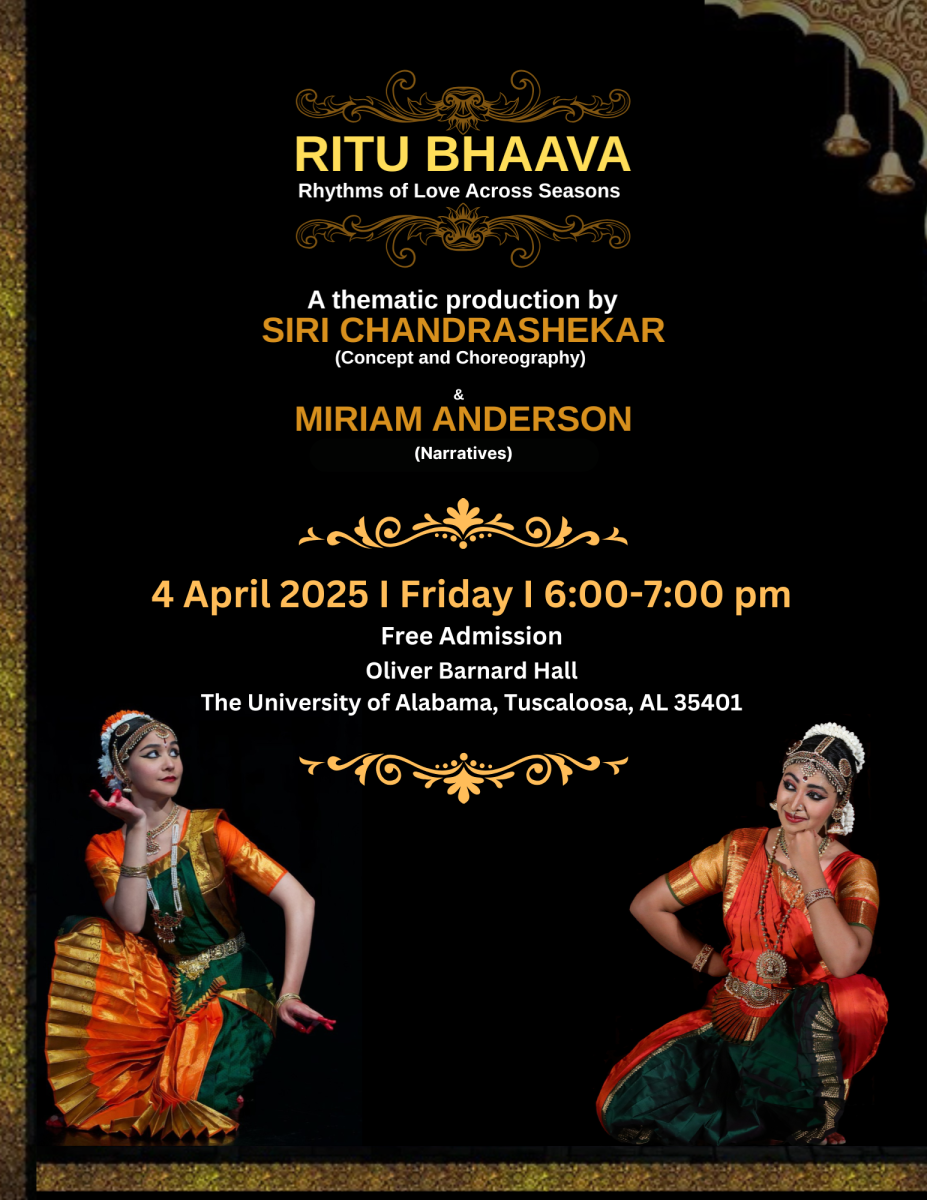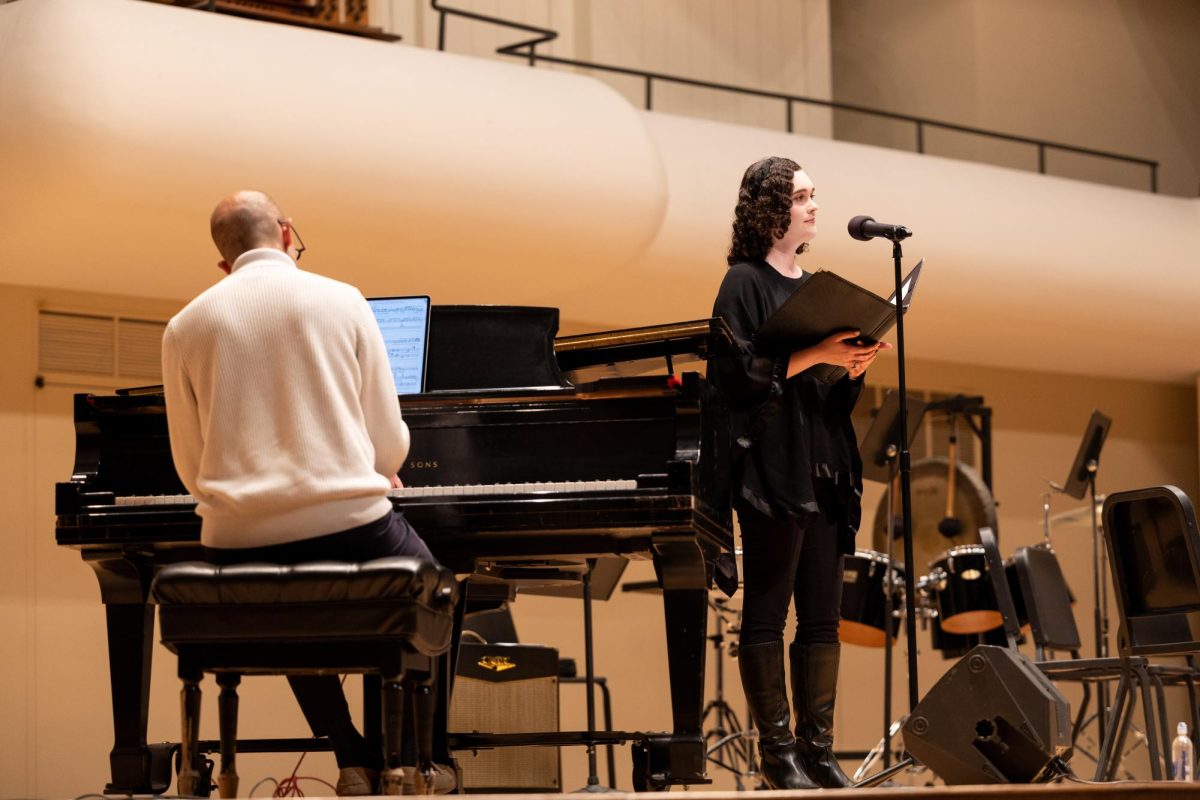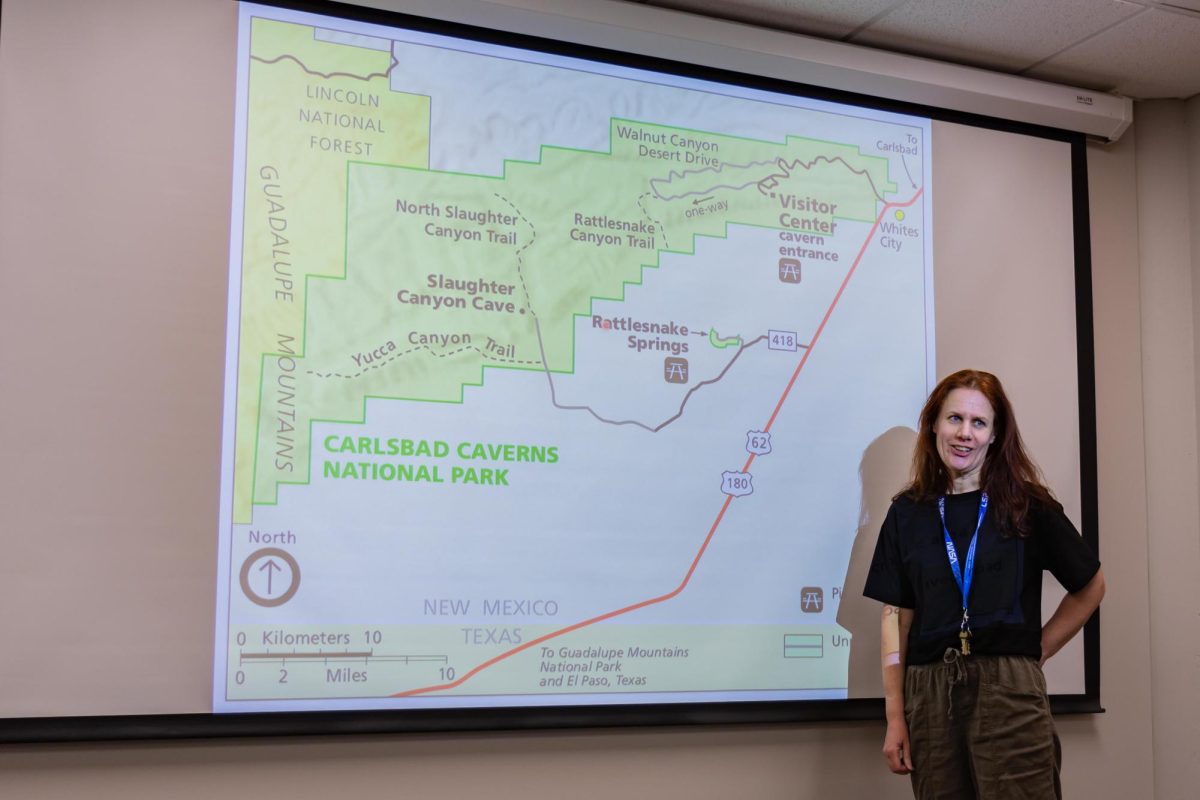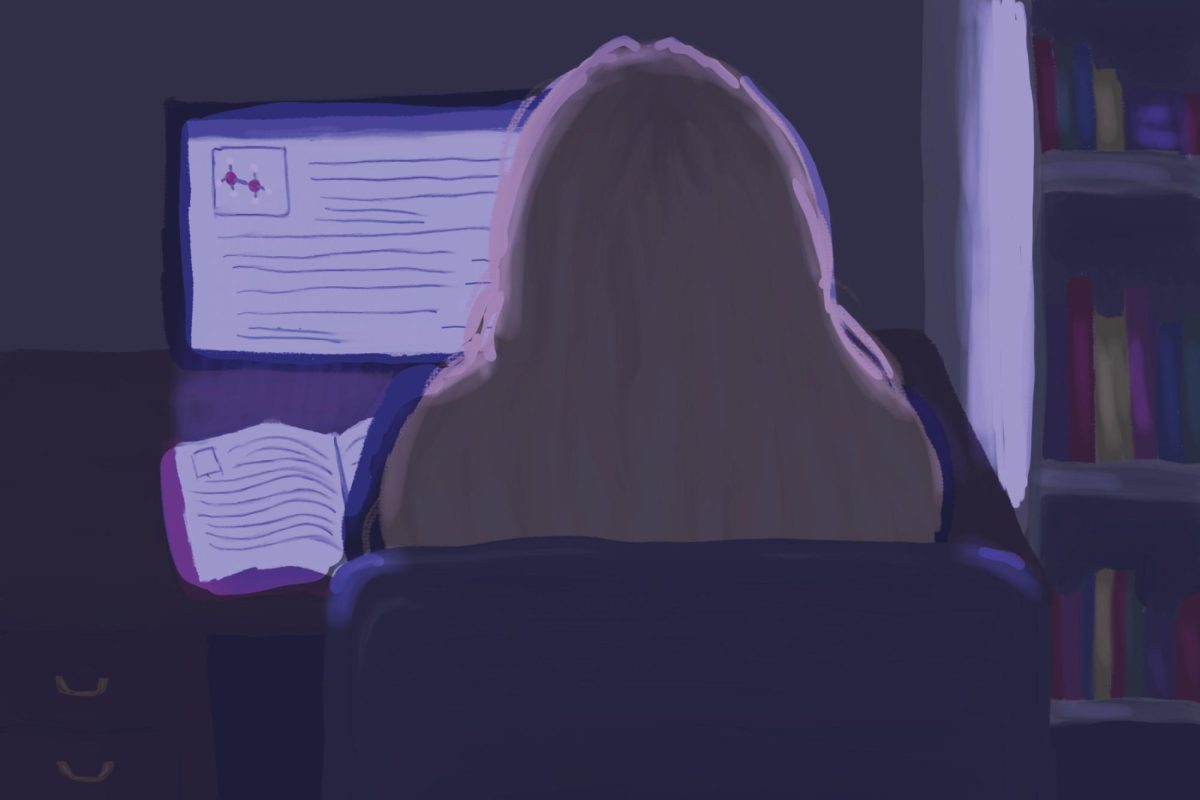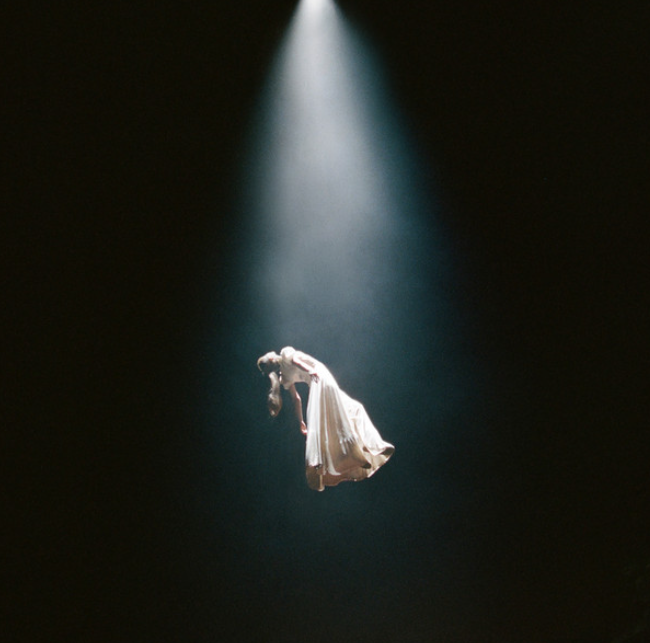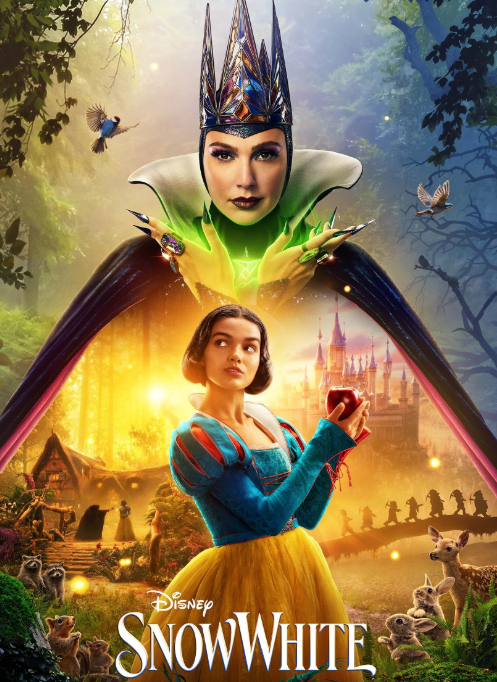Not many people can say they’ve spent an evening with Prince in his Los Angeles mansion, written a novel with Tori Amos or eaten bacon with CeeLo Green. Then again, not many people are Ann Powers.
As NPR Music’s critic and correspondent, Powers dedicates much of her life to figuring out why music makes people tick.
“I love music, and I’m interested in trying to understand why music makes me feel what it makes me feel,” Powers said. “Then, as I continued in this career path, I got really interested in trying to understand why music makes other people feel things, or speaks for other people, or helps people speak to each other.”
As a high school student, Powers landed her first writing gig at Seattle-based alternative newspaper The Rocket. Since then, she’s worked for a variety of publications, including the Village Voice, The New York Times and Blender. Before she started working for NPR, Powers was the senior pop music critic at the Los Angeles Times.
“To me, pop music is a way that we talk to each other and that we express ourselves,” Powers said. “What’s interesting is how pop music forms a language next to all the other languages we speak, in America and around the world.”
Nearly five years ago, Powers moved from Los Angeles to Tuscaloosa when her husband, Eric Weisbard, accepted a teaching position in the American studies department at The University of Alabama.
“One of the lucky things that’s happened [since I’ve moved to Tuscaloosa] is a lot of great young artists are coming out of the South right now,” Powers said. “The South is actually a hot spot. I feel lucky that, for whatever reason, there’s been kind of a Renaissance in music here.”
Although they may differ in music taste, Powers and Weisbard share the same passion for music. At the University, Weisbard teaches several classes relating to American music and pop culture.
“The music we listen to together is at concerts and on drives, a guaranteed conversation starter,” Weisbard said. “My tastes run a bit more toward indie rock, Ann’s more toward singer-songwriters. But we share an interest in Top-40 and contemporary sounds as they compare to a century’s worth of prior material, which isn’t exactly a common way of listening to pop.”
Powers travels to Washington, D.C., once or twice a year for meetings, and she attends music festivals during the summer. The rest of the time, she works out of her home.
“The thing about Tuscaloosa is that it doesn’t have a lot happening on a national scale, but it’s [close to] places that do have a lot happening,” Powers said. “So it’s not super convenient, but it’s convenient enough.”
Being a music journalist involves a lot more than bonding with celebrities, Powers said. To prepare for her interviews, she listens to the artists’ catalogues and spends time researching online and in music archives.
“You’d be shocked to know how many times I’ve talked to artists, and they’ve said journalists will come in completely unprepared,” Powers said. “That just seems ridiculous to me. You wouldn’t talk to the president without knowing the issues. Why do you think it’s okay to talk to an artist without knowing their work?”
Powers said she often finds inspiration from an unlikely source – her daughter Rebecca.
“Being a mom has really helped me,” Powers said. “Every critic I know who has kids goes through this experience where they start to listen through their kids’ ears too. I learn a lot from my 10-year-old every day.”



